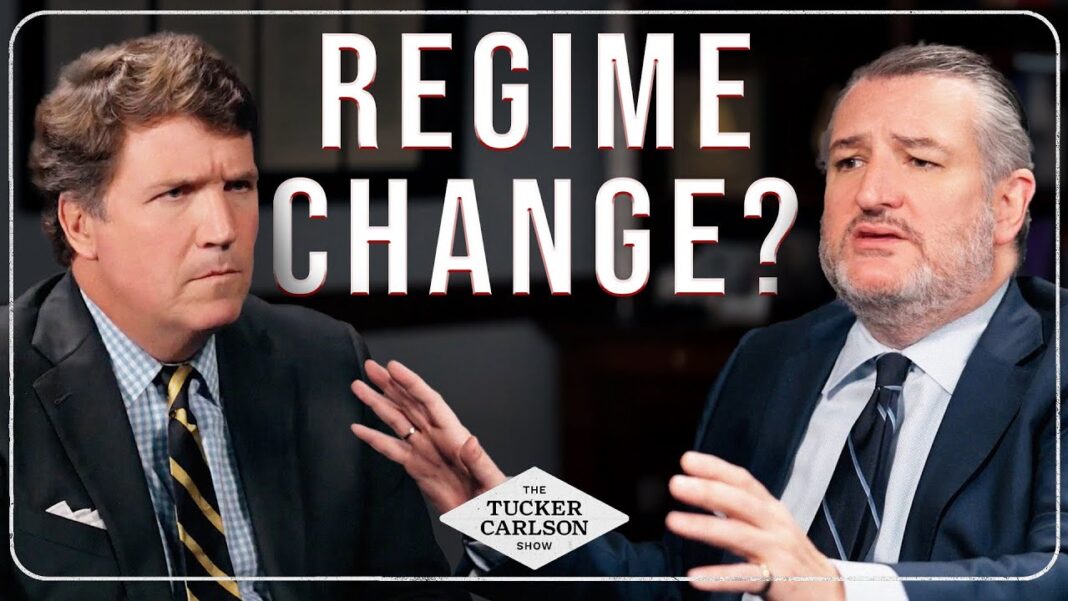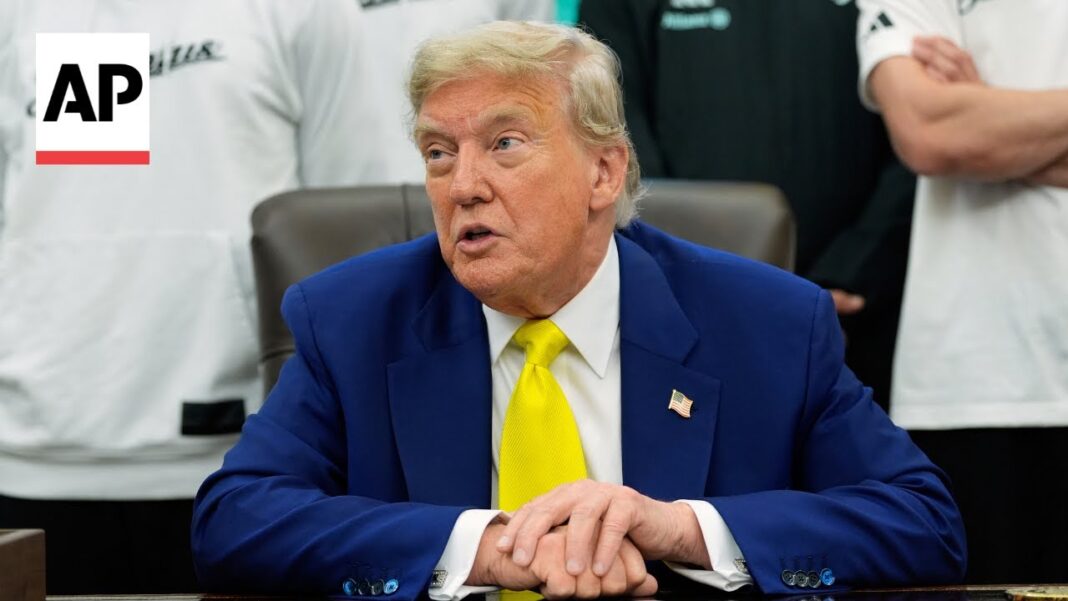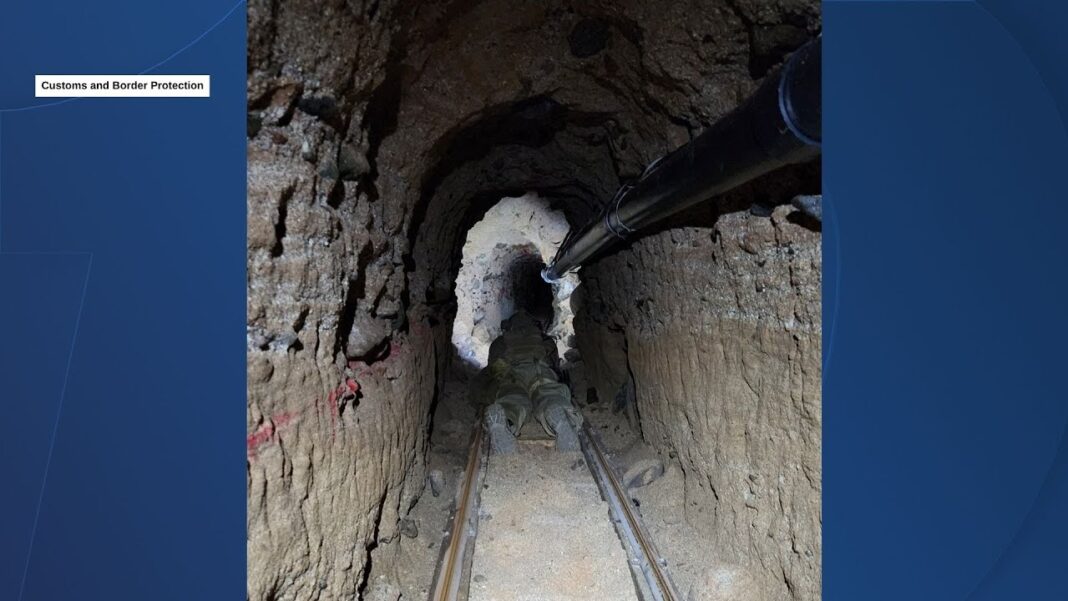Republicans have been sharply divided over whether or not to intervene in the ongoing Israel-Iran war.
President Donald Trump said that political commentator Tucker Carlson called him to apologize for some of the critical comments he made on the ongoing Israel–Iran conflict.
“Tucker’s a good guy, he called and apologized the other day because he thought he said things that were too strong, and I appreciated that,” Trump said.
Carlson, a former Fox News host who left the network and is now independent, has been strongly pushing for the United States military to remain out of Israel’s conflict with Iran.
A key moment came during a pre-recorded interview between Carlson and Sen. Ted Cruz (R-Texas)—a proponent of direct U.S. intervention in the conflict—when Carlson accused Cruz of not knowing about Iran’s population and demographics. A preview of the interview was released on June 17.
Ted Cruz on Iran. Full interview tomorrow. pic.twitter.com/hJNwAHAnxZ
— Tucker Carlson (@TuckerCarlson) June 18, 2025
Trump on June 16 preempted the interview with a post on Truth Social, writing, “Somebody please explain to kooky Tucker Carlson that, ‘IRAN CANNOT HAVE A NUCLEAR WEAPON.”
On June 13, Israel bombed several military and civilian targets in Iran, saying the move was a pre-emptive action to head off what Israel said was an imminent threat of Iran gaining nuclear capabilities. Specifically, Israeli Prime Minister Benjamin Netanyahu has said that the Persian state could soon produce its first nuclear weapons.
Since then, Trump has been ambivalent about the United States’ intentions regarding the conflict, but has said consistently that Iran cannot be allowed to obtain a nuclear weapon.
Some of his conservative and Republican allies—Cruz, Vice President JD Vance, Laura Loomer, Mark Levin, and Sen. Tom Cotton (R-Ark.)—have been supportive of direct U.S. involvement in the conflict in order to eliminate any possibility of a nuclear threat.
Others in support of Trump’s Make America Great Again (MAGA) agenda—including Carlson, Steve Bannon, Rep. Marjorie Taylor Greene (R-Ga.), and others—have pushed back against direct intervention in the region, saying that to do so would be a betrayal of Trump’s 2024 campaign promises and the principles of the America First movement.
When asked about the divides, Trump seemed unfazed.
“No, my supporters are for me. My supporters are for me. My supporters are America First. They make America great again. My supporters don’t want to see Iran having a nuclear weapon,” Trump told reporters in the White House.
As Republicans continue to see steep divides on how to move forward on the threat, the world is waiting with bated breath for Trump’s next move, with concerns about triggering an escalation.
Here’s what to know about the battle lines forming in Trump’s inner circle.
By Joseph Lord








